Top 6 Oman Culture, Customs and Etiquette
Should you remove your shoes when visiting friends? Should you greet those on elevators with a smile? When thinking about the dos and don'ts in your own ... read more...nation, these questions might not seem like the most obvious ones, but things that you might not even consider at home can have a major impact abroad. Here is a list of Oman's Culture, Customs and Etiquette.
-
Choosing suitable clothing is possibly the most crucial thing to keep in mind. Women should dress comfortably, covering their shoulders and arms. If worn, skirts should come at least to the knee, however wearing pants is typically preferable. Carrying a shawl is helpful for hiding your hair in more formal settings.
Although many Omanis will frown upon males wearing tight or thigh-length shorts or singlets, men's dress regulations are less important. While below-the-knee shorts are probably OK, it's advisable to err on the side of caution and wear pants, even if it means forgoing a tan. Dressing modestly is beneficial for both men and women, especially in rural settings.
In a small village in the heart of Sharqiya, ripped jeans, war fatigues, shady T-shirts with unsuitable words or images, and intricate piercings are probably not welcome. More Western norms are prevalent in hotels catering to international tourists, although it's still considered impolite to wear a bikini anywhere outside the beach or pool.
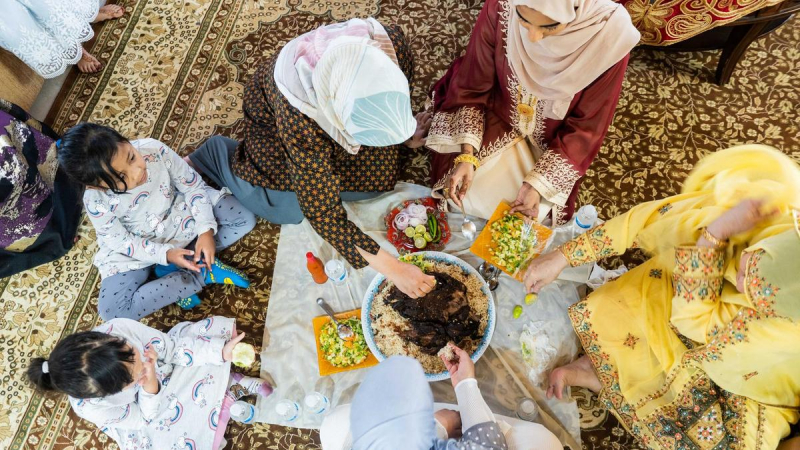
https://blog.wego.com/ 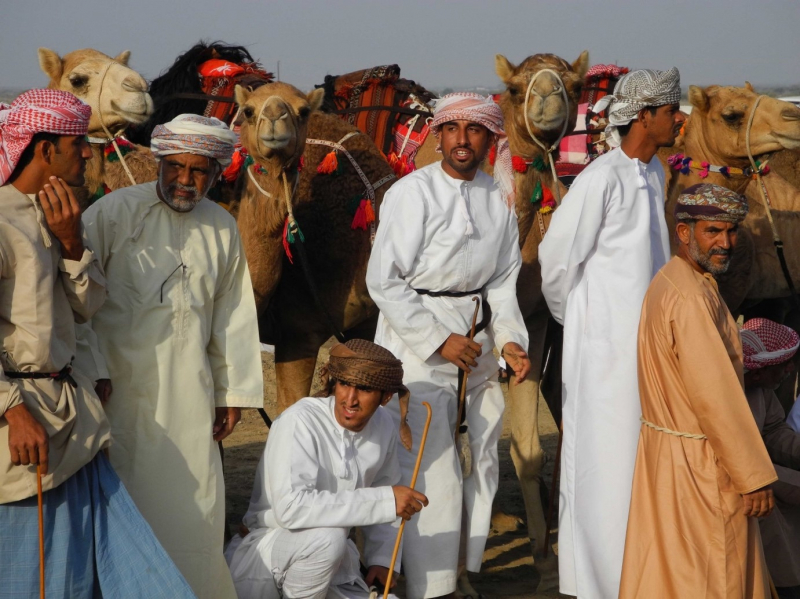
https://omanvisitors.com -
The elaborate, almost courtly formality with which Omanis greet one another in even the most banal of circumstances—your driver stopping to ask directions, for example—offers a fascinating insight into the forms of decorum which still govern Omani life. Traditional Arabic greetings are an essential component of everyday Omani life.
Physical greetings are also significant. Close male and female friends and family members will kiss each other on either cheek, but with male strangers, a handshake is the typical physical welcome. Members of the other sex traditionally avoid touching one another, so never extend your hand to an Omani of the other sex unless they do the same for you.
Don't be shocked if your driver offers you back to his house for coffee and dates at the end of a tour; invitations to visit an Omani household are typical. It's nice to bring a modest gift, neatly wrapped, if you're invited to a formal supper; chocolates or dates work well. When entering any Omani home, don't forget to remove your shoes. Once inside, it is considered courteous to accept any food or drink that is provided because declining could be interpreted as displeasure or disapproval.
-
Your nation, age, marital status, number of children (if any), religion, occupation, reasons for visiting Oman, and impressions of the country are the typical subjects of conversation in Oman. Omanis take great pride in their country, thus any criticism of it will not be warmly accepted (unless, perhaps, you are simply agreeing with an opinion expressed by your host).
Even more vehemently avoided should be comments that are critical of Islam. Given that concepts like atheism, agnosticism, and alternative religions are not often understood, it is also easy to claim your religion is Christianity when asked, even if you have no such beliefs.
Politics, unless it is of the most broad and harmless variety, continues to be a delicate topic that should only be broached with great caution. Additionally, it is strictly forbidden to criticize Sultan Qaboos.

https://theculturetrip.com/ 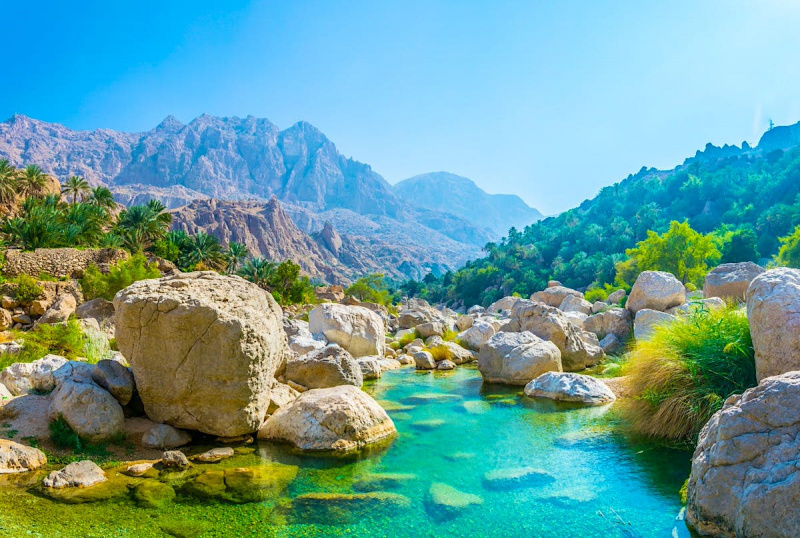
https://www.lonelyplanet.com/ -
One of the kindest people in the world, Omanis are extremely courteous and friendly. However, you should also be courteous in return and abstain from acting in a way that would offend. Never disparage Islam, and it is illegal for anyone—including non-Muslims—to eat, drink, smoke, play loud music, or dance in public during the daytime holy month of Ramadan.
Rumors concerning the Sultan's personal life should not be discussed because it is against the law in Oman. You risk getting into trouble with the Royal Omani Police in addition to offending the residents.
In public, holding hands or kissing is not encouraged, and if locals observe visitors engaging in these behaviors, they may become slightly irritated.
It's likely that people may give tourists lingering looks, but in Oman, staring isn't rude; rather, it's a sign of curiosity. Similar to other places in the world, pulling out a camera or a pair of binoculars when you're close to a military base, an airport, or a government building would certainly get you in trouble, especially if a security guard with a machine gun is present. Certain military or governmental locations are off-limits to photography.
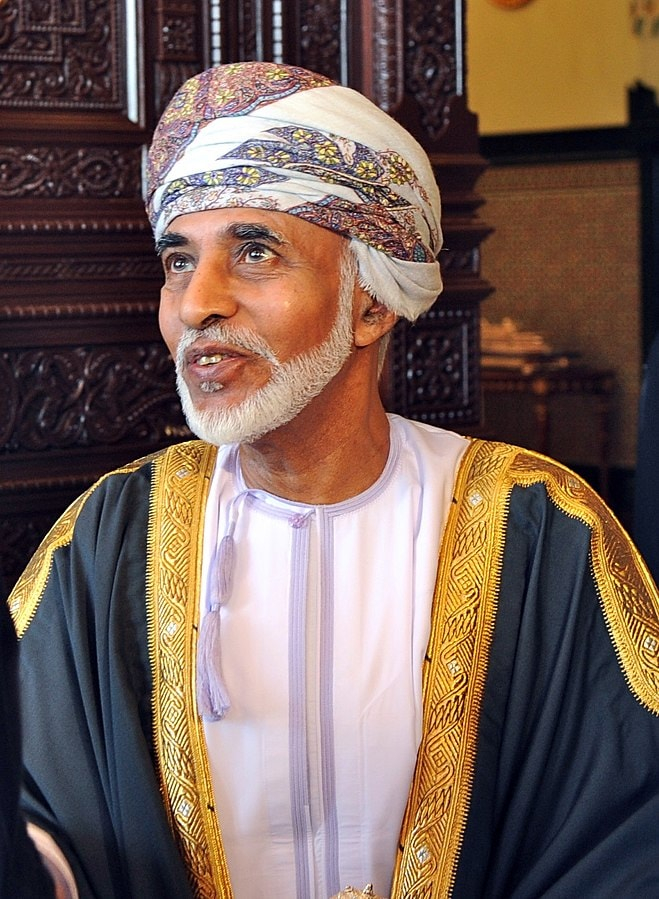
https://timesofoman.com 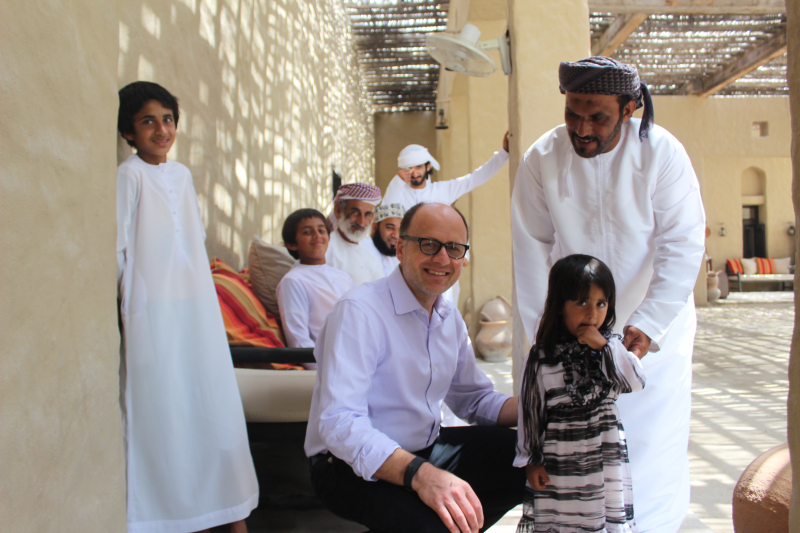
https://theculturetrip.com/ -
There will always be certain limitations on things like pork, alcohol, pornography, and how you should dress when visiting a Muslim country. Pornography is strictly forbidden. Alcohol use in public, intoxication in a public place, and drunk driving are all crimes in Omani law.
Tourists and visitors may, however, purchase and consume alcohol at establishments with a license, such as motels, restaurants, and nightclubs. In reality, if you reside in Oman and are a non-Muslim, you can seek for a license from the Royal Oman police to consume alcohol within your own home.
Hotels in Oman may occasionally decline to accommodate heterosexual couples who are not wed. Make sure you have documentation to prove your marital status. To be certain, confirm the guidelines for your stay in advance. In Oman, homosexuality is forbidden.
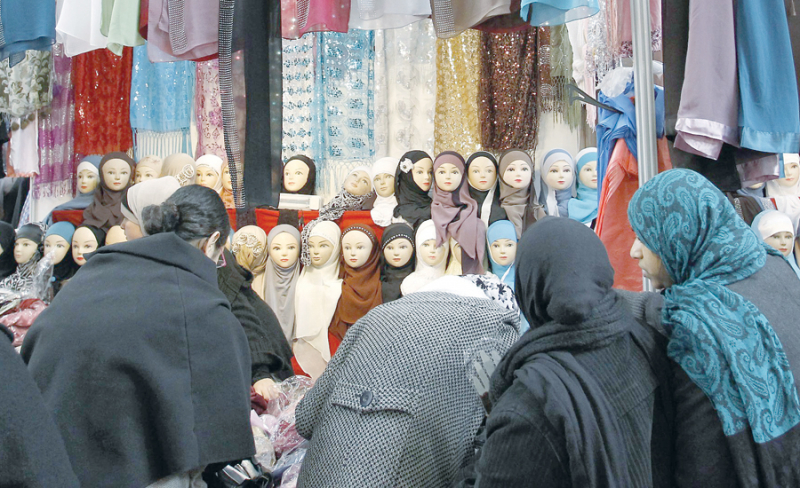
https://www.omanobserver.om 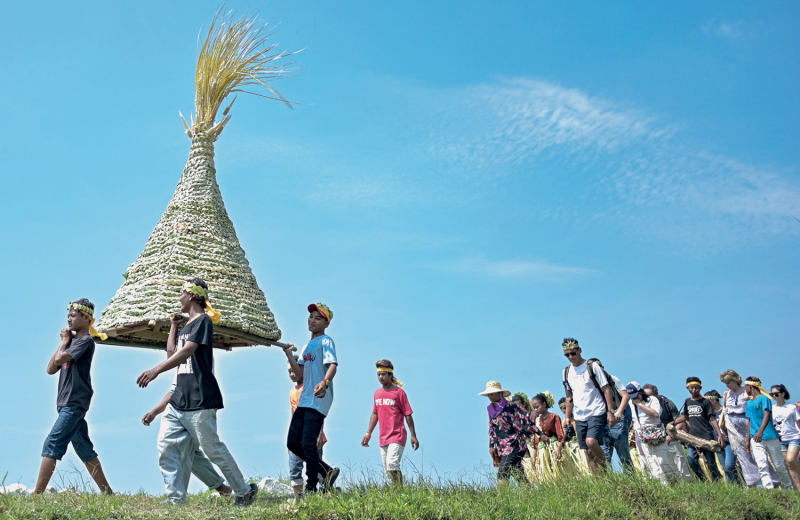
https://www.omanobserver.om -
The location of the country influences the gender roles in Oman. In the country's inner desert regions, women participate more actively in economic pursuits. They play significant roles in politics and society there as well. In the agricultural oases settlements, women are more frequently in charge of the home and of raising children. Many women work outside the home in the education, social service, and other sectors in cities and towns. Omani women are revered and have a lot of power in the home. Both men and women make decisions about the family. There are also initiatives to increase the number of women in the government.
In Oman, marriages are frequently arranged, ideally including cousins. Marriage is primarily a union of two families. The main goal is to have children so that future generations can be sustained. Polygamous unions are rather common. Islam allows a man to have up to four wives at any given time. Rich men are more likely to marry more than one woman because they can support many households. However, in recent years, males have tended to divorce their ex-wives, get remarried, and leave many women penniless and dependent on the government for financial support.
Domestic units are typically made up of one huge extended family or several houses in a large compound housing connected families. In a patrilocal household, wives reside with the husband's family. Elderly men and women in the family wield the most power, and their judgments are frequently taken as final in domestic disputes. In Oman, inheritance is exclusively governed by Islamic law, or Shariah.
The mother and other female family members look after the children. They are expected to take on adult responsibilities at a young age and to show respect for the elderly. Despite the fact that both boys and girls go to school, early dropout rates are prevalent, particularly in rural areas. The most frequent causes of these dropouts are early marriages and the necessity to raise additional funds for the family.
Omanis are extremely polite when they meet one another. The younger generation offers assistance to the old. Members of the opposite sex who are not connected to one another rarely interact. However, interactions between friends and family members of the same sex are warm and friendly.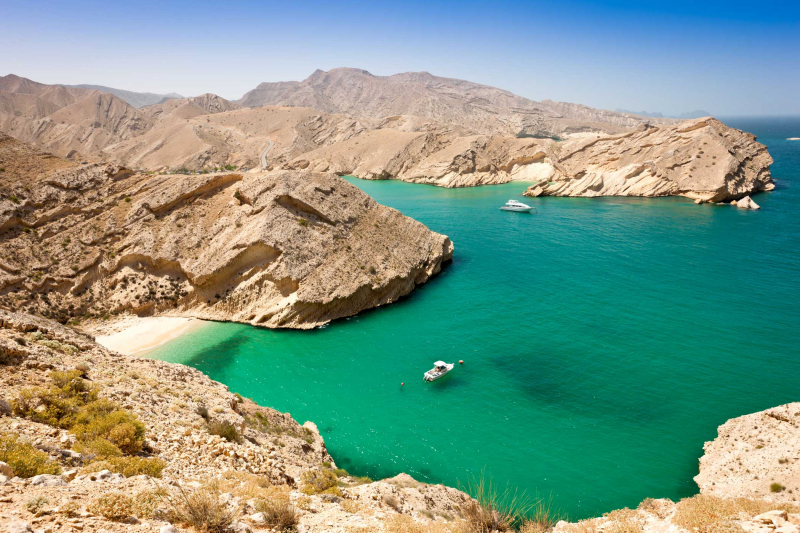
https://www.iabtravel.com/ 
https://www.timeoutdubai.com/



























